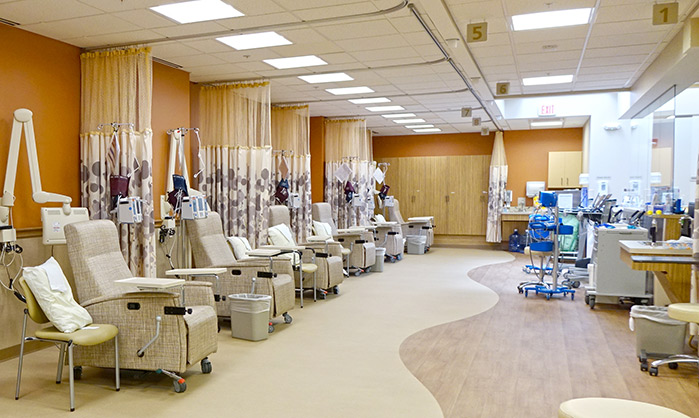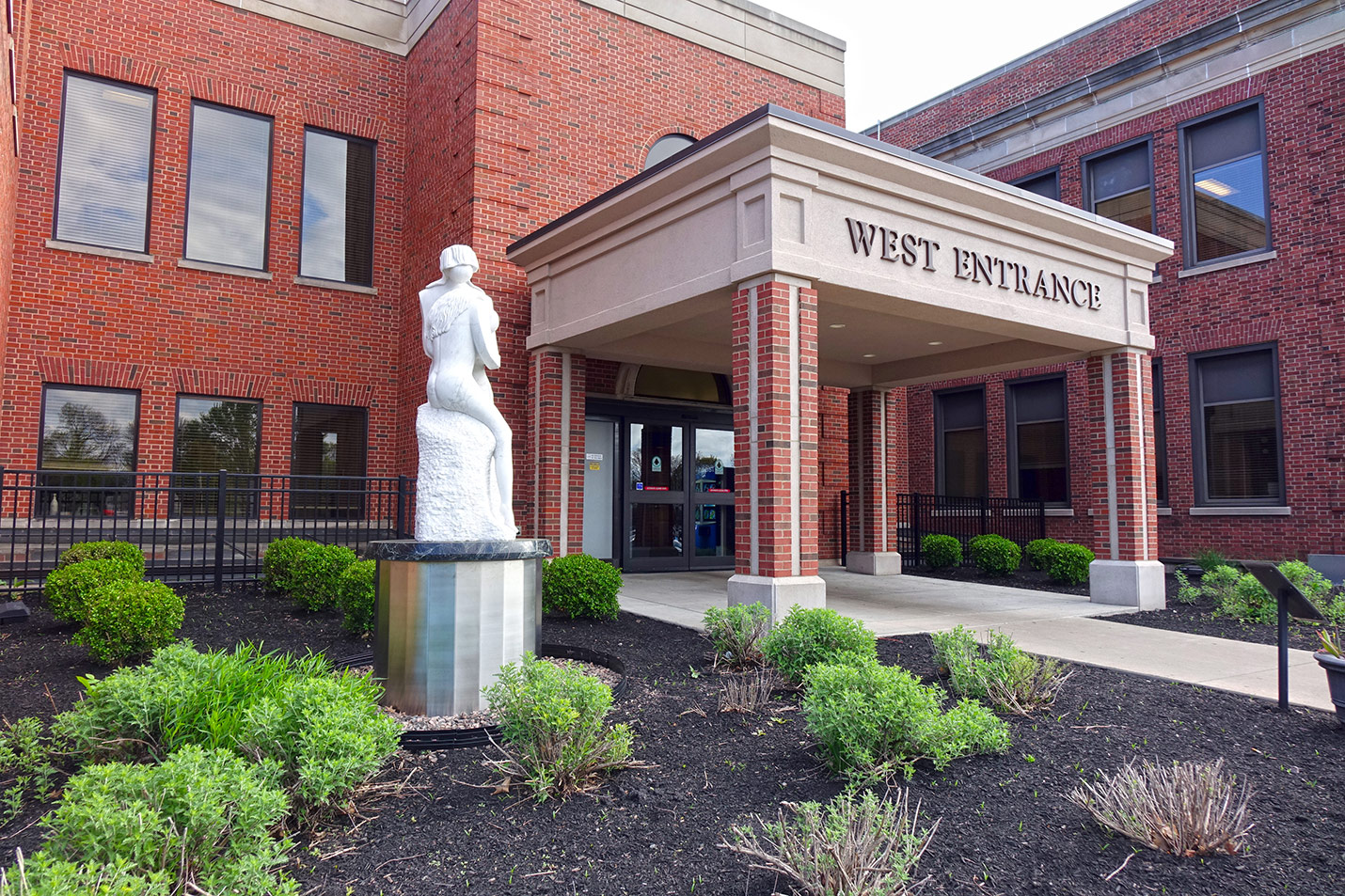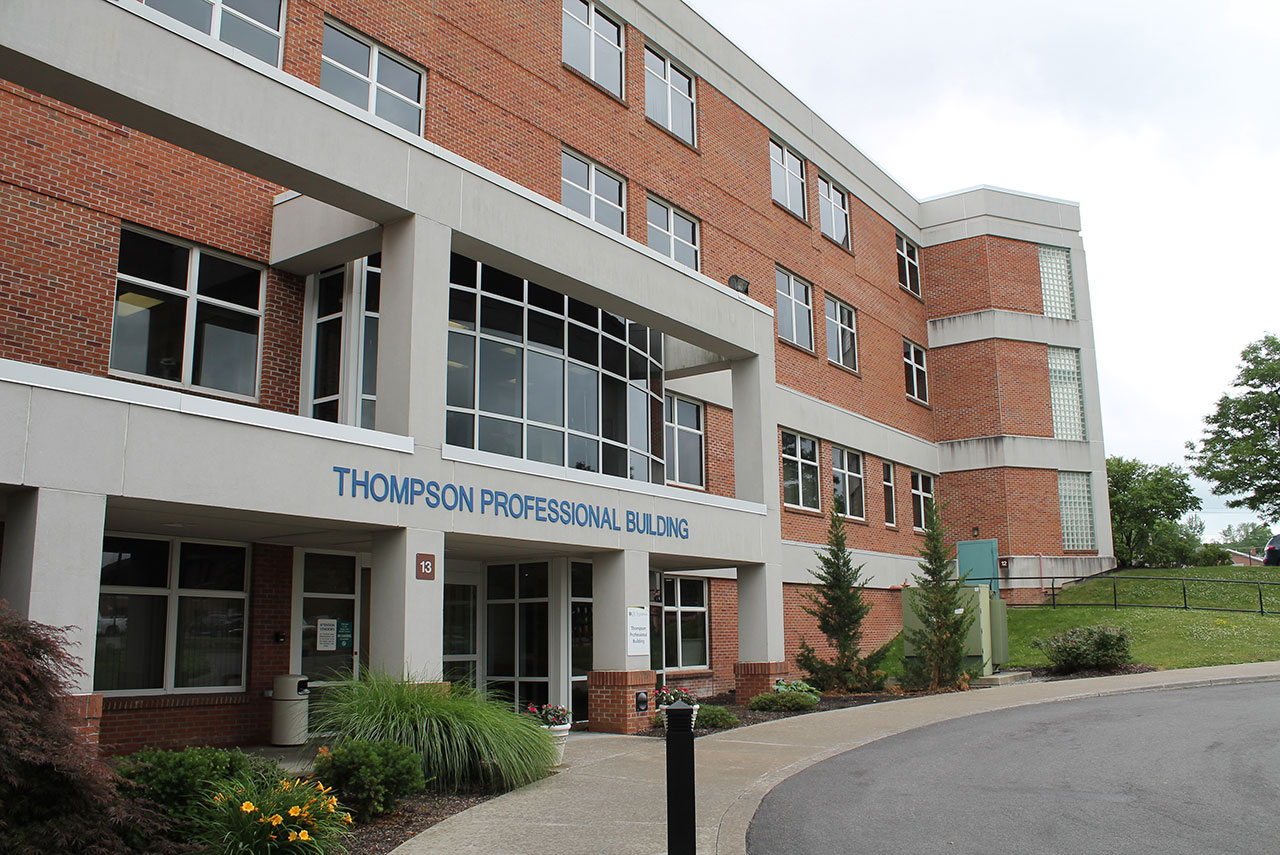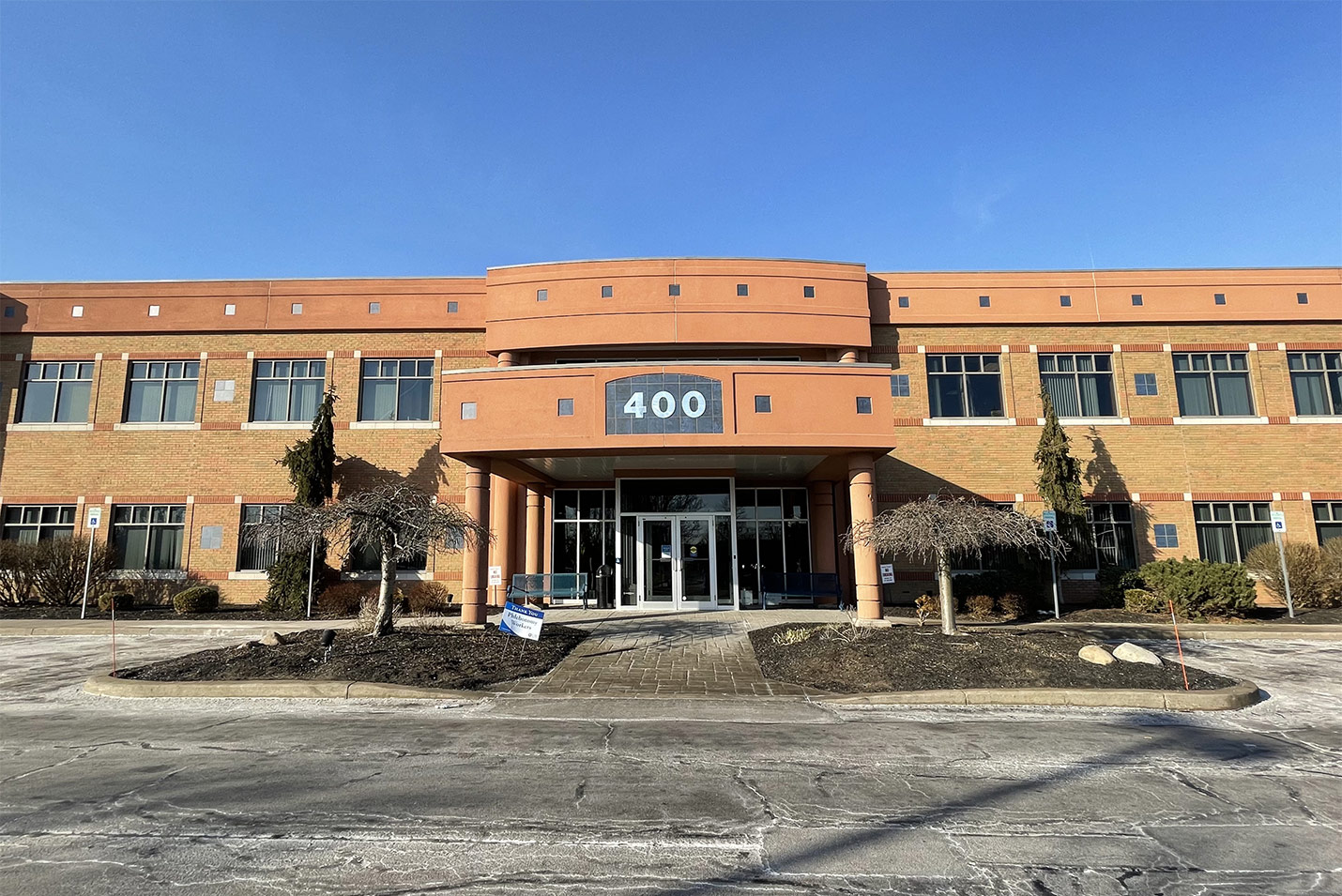Psoriatic Arthritis
Make Appointments & Get Care
What is Psoriatic Arthritis?
Psoriatic arthritis (PsA) is an autoimmune illness, meaning the immune system attacks healthy cells and tissues by mistake.
PsA affects the joints, but most people with PsA also have psoriasis, which affects the skin and nails. If not controlled, this process can lead to damage, deformity, and loss of function.
UR Medicine's Treatments for Psoriatic Arthritis
Early diagnosis and treatment are important. Our experienced health care team will provide diagnostic testing, education, physical activity programs, and the latest medicines.
One of our expert rheumatologists will make a diagnosis based on exam findings and test results and sometimes an ultrasound. Psoriatic arthritis is primarily treated by a rheumatologist, however, if your skin is involved as well, a dermatologist may also be involved in the diagnosis and management of your illness. We will help you coordinate the appointments you need for lab work, X-rays, and any other test that may be needed.
There is no cure for psoriatic arthritis, but medications can improve pain and swelling and help prevent joint damage, and some can also help with skin symptoms.
For some people, new treatments make it possible to control symptoms completely or close to it. It’s important to know that no single treatment works for all patients.
Treatments Include:
Medications
- Non-steroidal Anti-inflammatory Drugs (NSAIDs): NSAIDs reduce or relieve pain and help reduce swelling in your joints so you feel better. Some NSAIDs, such as ibuprofen and naproxen, are available over the counter. Others require a prescription.
- Disease Modifying Anti-Rheumatic Drugs (DMARDs): These medications decrease inflammation and protect joints from permanent damage. DMARDS take several weeks to begin working. Examples include sulfasalazine, methotrexate, and leflunomide.
- Biologics: Biologics are medications that block proteins which cause inflammation and joint damage. They can be used with a DMARD or alone. Biologics cannot be taken orally. Examples include adalimumab and etanercept.
Lifestyle Changes
- Healthy Eating: The right combination of different foods can help you feel your best and maintain a healthy weight. Foods rich in omega-3s and antioxidants may help control inflammation. UR Medicine nutritionists can help you develop a diet plan that works best for you. Learn about the UR Medicine Improve Nutrition Program.
- Staying Active: Physical activity will improve your energy level, range of motion, and flexibility as well as increase bone strength and reduce morning stiffness. People with Psoriatic arthritis can safely exercise with the proper program, and we have informational materials to get you started. UR Medicine physical therapists can also work with you to devise an exercise regimen that is best for you. Learn more about UR Medicine Physical Therapy.
- Preventing Other Illnesses: Healthy eating and staying active will also help you maintain a healthy cholesterol level, normal blood sugar, and normal blood pressure, which can reduce your risk of many diseases such as heart disease, stroke, and kidney disease.
What Sets Us Apart?
A Better Approach to Psoriatic Arthritis Care
The UR Medicine Psoriasis Center is the only center in the Rochester, NY, area that has a team devoted to the care of patients with psoriasis, psoriatic arthritis, and related conditions. We bring a team of specialists together to talk with you and develop the best possible treatment.
Having a resource like the Psoriasis Center can make all the difference in finding an effective treatment and dramatically improving your quality of life.
Onsite Infusion Center
Some people with psoriatic arthritis and other autoimmune diseases need medications that can‘t be taken at home. Two of our rheumatology clinics (Lattimore Road in Rochester and Red Creek Drive in Henrietta) have an Infusion Center where patients can receive these medications in comfort and with privacy. Nurses in the Infusion Center will also provide patients with support and education.

Image: Infusion Center at our UR Rheumatology Lattimore Road location
Locations
View All LocationsWe serve you in the Rochester metropolitan area and surrounding region.
View All Locations5 locations
Lattimore Medical Center
125 Lattimore Road, Suite G-110
Rochester, NY 14620
Thompson Professional Building
395 West Street, Suite 007
Canandaigua, NY 14424
Red Creek (Calkins Corporate Park)
400 Red Creek Drive, Suite 240
Rochester, NY 14623
Red Creek (Calkins Corporate Park)
400 Red Creek Drive, Suite 200
Rochester, NY 14623
48 East South Street, Suite 200
Geneseo, NY 14454
Patient Education & Support
If you have questions about your illness or medications, ask your doctor. You may also find this website helpful:
Clinical Trials
Our Clinical Immunology Research Center offers clinical trials in PsA as well as other autoimmune diseases. Our dedicated study coordinators can answer your questions. They also work side by side with our physicians in all trials.
Email Us


